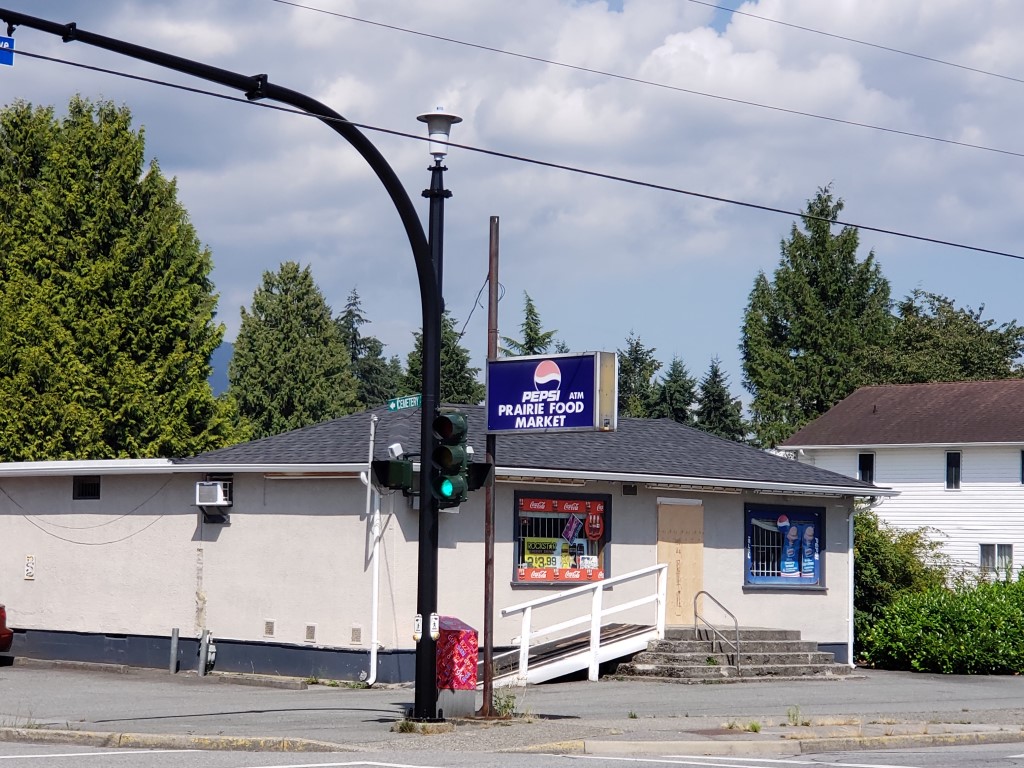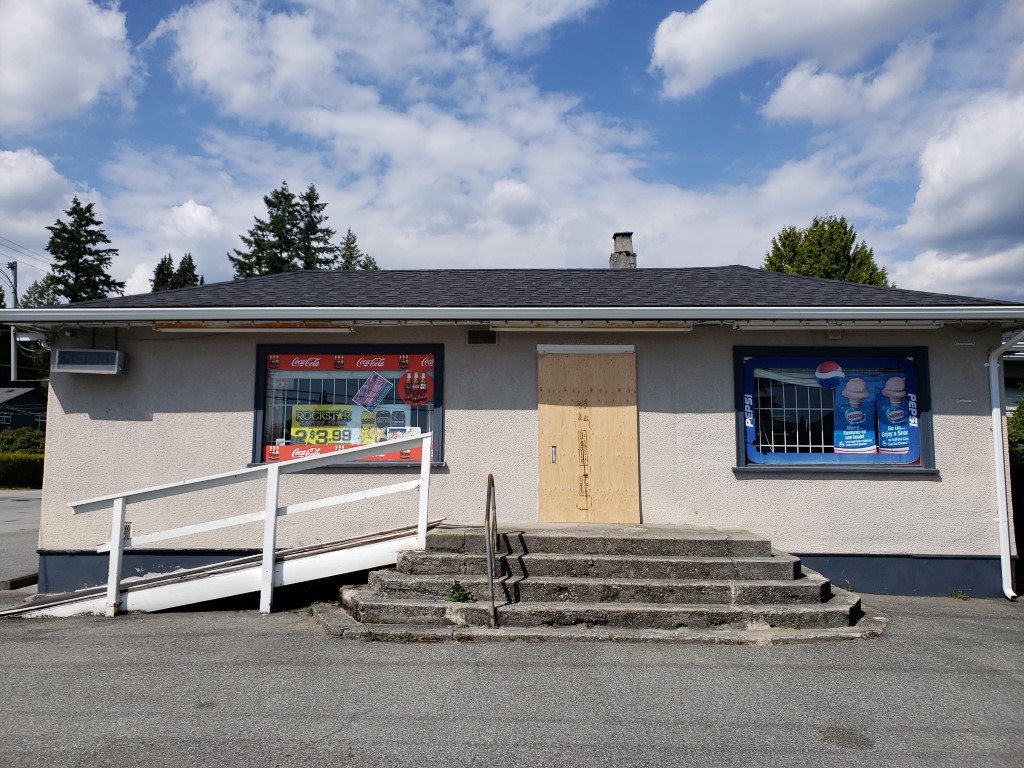
An interview with Vancouver Councillor Sarah Kirby-Yung
By Craig Allan, Staff Writer
When driving down a residential street, you will tend to see the same things. Single dwellings, apartment complexes, and parks. But, in some areas, another sight can be seen. A store, right in the middle, with no other businesses around. These stores are convenience stores—they are not chains like 7/11. Instead, they are local and independently run stores. Their name is accurate, as in some cases, they may be the only place to get food within a 20-minute walking distance. As time has gone on though, there seem to be a lot of boarded up corner stores. While there are quite a few in the city, convenience stores have been disappearing. Why are they disappearing? Is there hope for the future of the convenience store? To discuss these questions and more, the Other Press contacted Vancouver Councillor Sarah Kirby-Yung. She has proposed a motion to save and increase the number of convenience stores in the Vancouver area.
Kirby-Yung believes that convenience stores have the potential to be an engaging part of a walkable green community: “They’ve served as focal points for social connection, fulfillment of daily needs, and they create an overall neighbourhood feel.” With Vancouver and other areas in the lower mainland wanting to become more walkable and connected, corner stores may be a better alternative than a big box store which may not be easily accessible by foot. While Kirby-Yung supports the continued operation of the standard corner store, she also sees the traditional store becoming a hybrid with a café or a gathering spot. Not only could this type of venture be a service to the community, but it could also be a place that builds engagement in the area.
However, the convenience store life has been slowly disappearing in recent years. A 2019 UBC report pointed out that 364 of these types of stores had been demolished at the time of the report’s filing. “A lot of this was due to changing planning and zoning policies that moved to locate retail on to main streets, did not enable retail in residential neighbourhoods, the increasing cost of commercial space, as well as changes in consumer shopping habits. Now we’re seeing a renewed interest in local and accessible amenities in individual neighbourhoods.”

There is a bright future for the corner store in Sarah’s eyes: “When you bring up the topic of corner stores, everyone gets a smile on their face and has a story. They remember the family/people that ran the store and their names.” All of these shared positive memories leads this councillor to think that the population is craving these meaningful neighbourly interactions with others. She points out that COVID-19 has shown just how important local businesses are for those who don’t want to stray far from home. Kirby-Yung also sees corner stores in line with a green agenda since local services allow an area to become more sustainable.
In my pursuit of this story, I tried to get the perspective of a convenience store owner. But, in my search, I found that many were just too busy to talk to me. In a way that shows the dedication these store proprietors have to their business. You can feel that when stepping inside and seeing everything—from milk and laundry detergent to imported foods that the owner has brought from their recent trip to Asia or the United States. There is a real charm to the establishments and a feeling that they are more sown into the community than a big box retailer. In the end, these are not just convenience stores, they are community stores that should not be overlooked.
